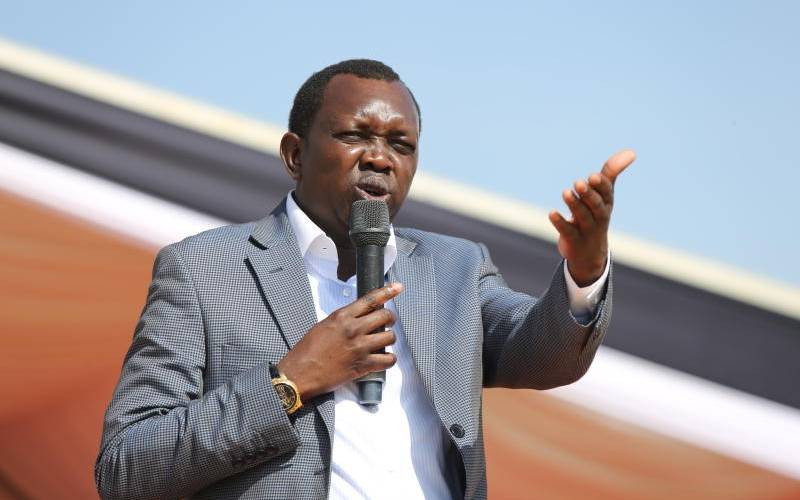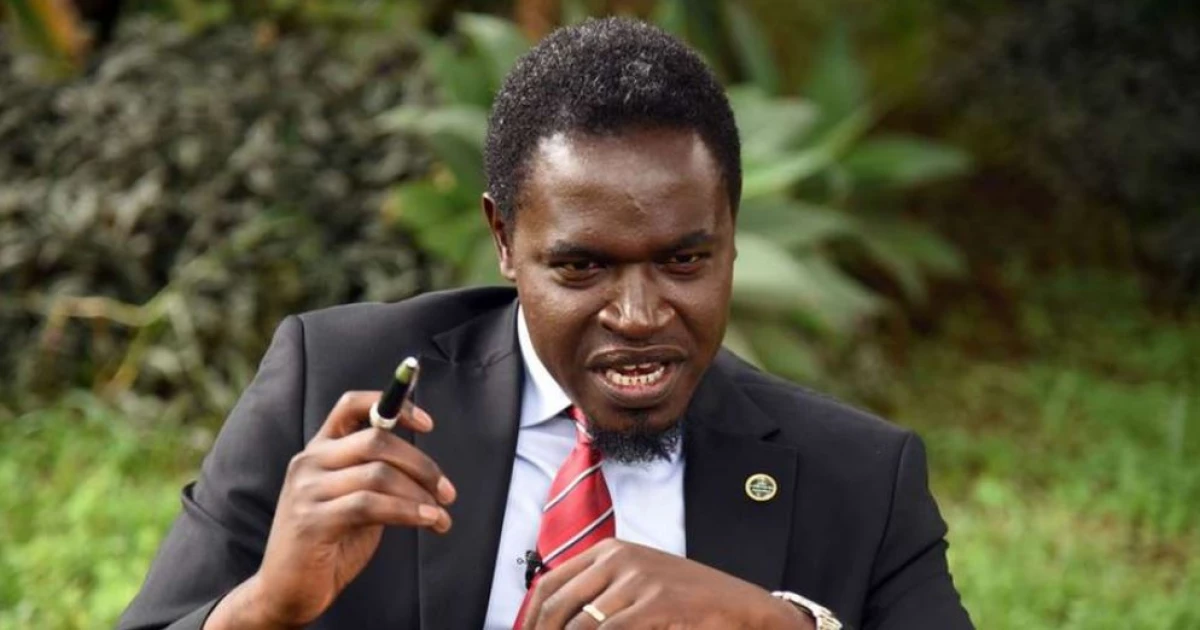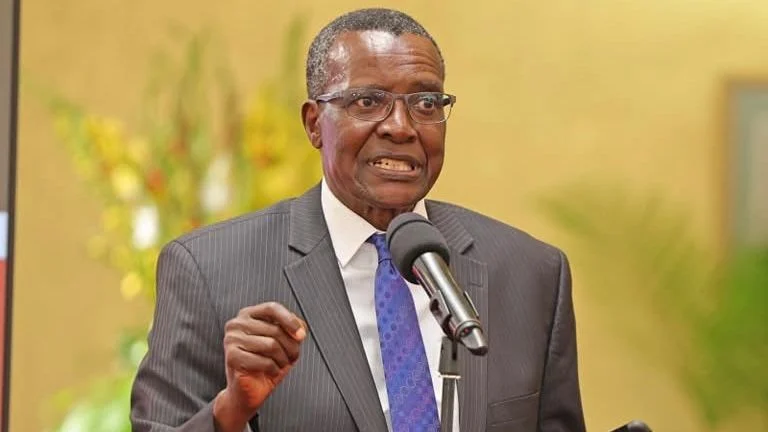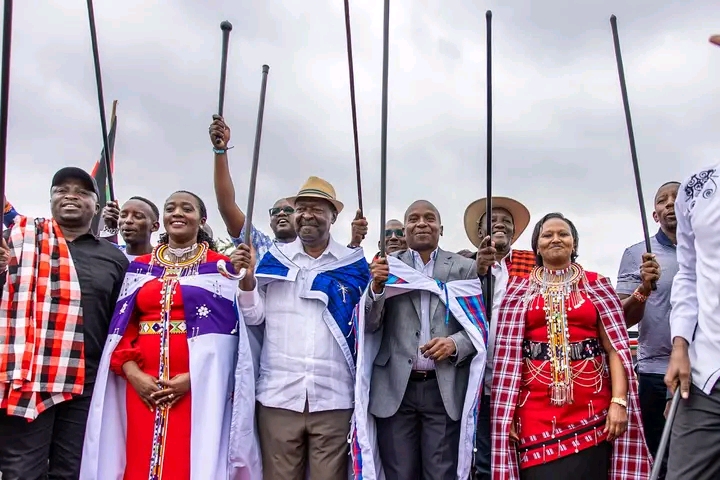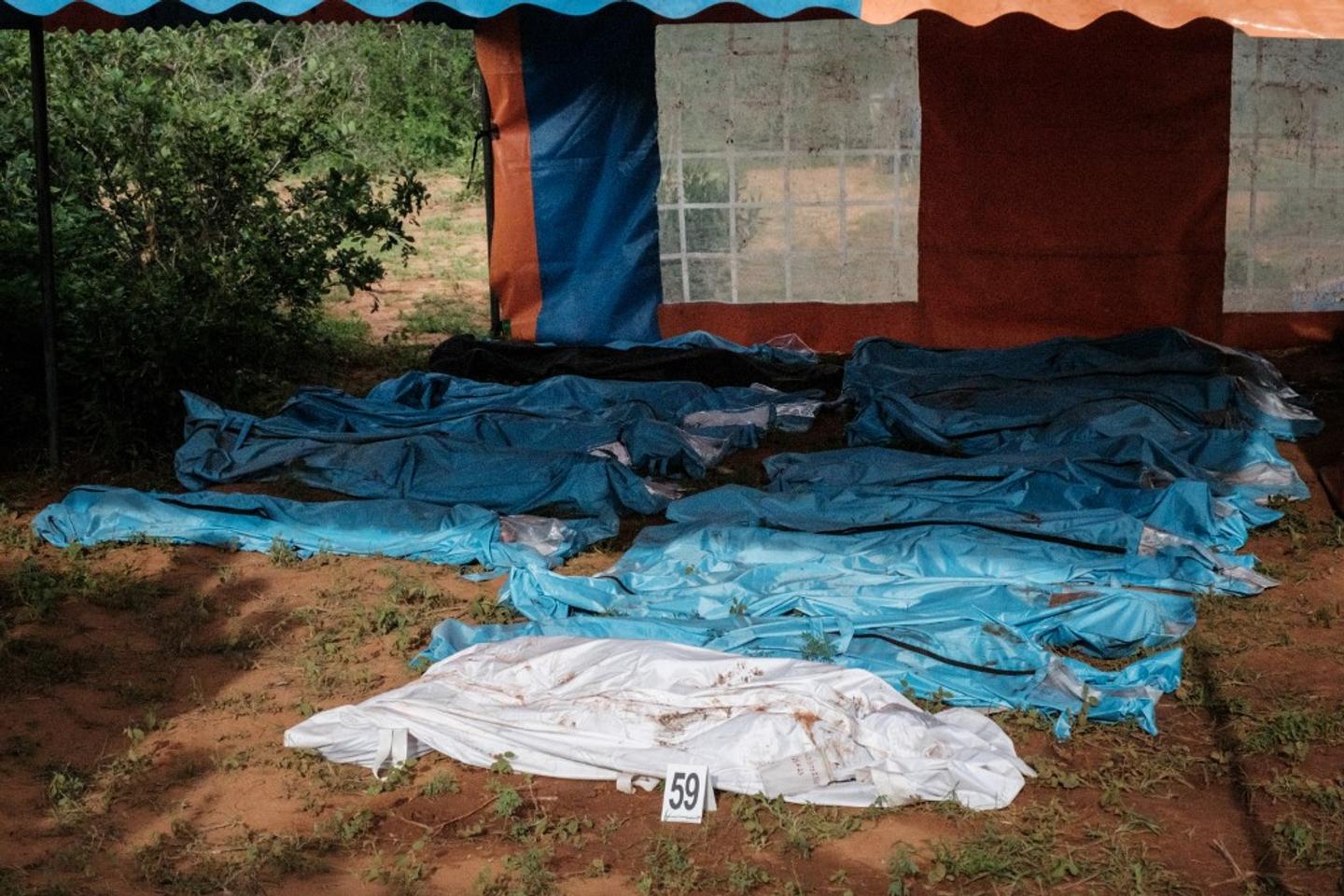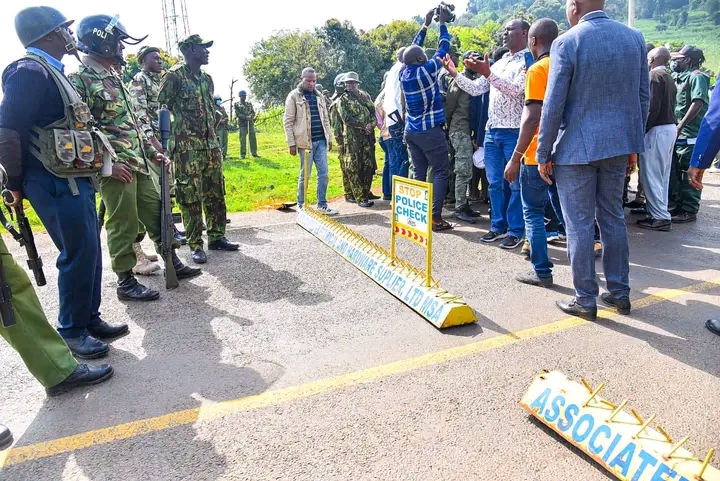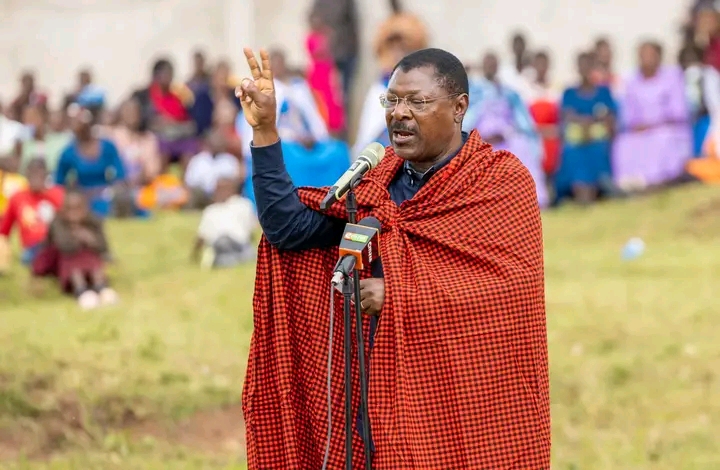Sudi Tears Into Gachagua Over Diaspora Cash Call, Labels Him Unfit to Lead
Kapsaret MP Oscar Sudi has slammed former Deputy President Rigathi Gachagua for urging the Mt Kenya diaspora to stop remitting money to Kenya. Sudi termed the remarks as reckless, tribal, and harmful to the economy. He urged unity and dismissed Gachagua’s leadership credibility.
Wamunyoro's verbal diarrhoea reveals a mind ravaged by mental turmoil, his mental state clearly unstable. Your time's up, Mr. Tribal Chief!
Posted by Oscar Kipchumba Sudi on Sunday 20 July 2025
Kapsaret MP Oscar Sudi has launched a scathing attack on former Deputy President Rigathi Gachagua over controversial statements he made while addressing the Mt Kenya diaspora community in the United States. Gachagua, during his recent visit, urged the community abroad to withhold remitting money back to Kenya, claiming that the funds should only be sent when his team returns to power. His comments have sparked uproar, with Sudi accusing him of inciting economic sabotage and promoting tribal division.
Sudi, through a video posted on his social media platforms on Sunday, July 20, condemned Gachaguas remarks as “reckless, unpatriotic, and dangerous to national unity.” The outspoken MP said it was highly irresponsible for a leader of Gachagua’s stature to ask Kenyans living abroad to halt remittances — a key source of foreign exchange and support for families back home — simply for political leverage. He added that such actions not only cripple the economy but also harm millions who rely on diaspora support.
The MP went further to question Gachagua’s mental stability and capacity for leadership, stating that his rhetoric was no longer driven by reason or national interest. Referring to him as “Mr Tribal Chief” and “Wamunyoro,” Sudi accused the former deputy president of suffering from "mental turmoil" and engaging in "verbal diarrhoea" that poisons public discourse. He warned that the country risks sliding into ethnic hostility if leaders continue to use their platforms to advance tribal narratives.
Sudi urged the Mt Kenya community — both in Kenya and abroad — to ignore Gachagua’s divisive message, emphasizing that the region remains a critical part of the Kenya Kwanza administration. He said the government values the contribution of the Mt Kenya region and that isolating the community would only hinder national development. According to Sudi, the country can only prosper if all communities work together under a shared national vision.
Gachagua, in his address to the diaspora, had defended his controversial stand by citing what he termed as an economic war waged against the Mt Kenya region by President William Ruto’s government. He claimed that this perceived targeting had led to reduced investments, slowed tax compliance, and economic stagnation. “When you destroy this community, you destroy Kenya,” Gachagua said, insisting that Mt Kenya is the engine of the nation’s economy.
He further lauded the Mt Kenya community for their aggressiveness, enterprise, and work ethic, which he argued have enabled them to excel across the country and beyond. “We are very aggressive, very enterprising, and very outgoing. That is why we are in every town in Kenya and successful even in the diaspora,” Gachagua said, insisting the region deserves better treatment from the current administration.
However, Sudi dismissed this narrative as misleading and a desperate attempt to rally ethnic emotions for political mileage. He reiterated that Kenya belongs to all its citizens, not one community, and urged leaders to promote unity, economic stability, and patriotism. He warned that economic boycotts and tribal loyalty pledges would only divide the nation further and drag back the progress the Kenya Kwanza administration is trying to make.
As political tensions rise ahead of the 2027 elections, the war of words between Gachagua and Sudi highlights growing rifts within the Kenya Kwanza camp. The incident also raises broader questions about the role of diaspora communities in shaping domestic politics, and the responsibility leaders have in protecting Kenya’s economic and social fabric.


